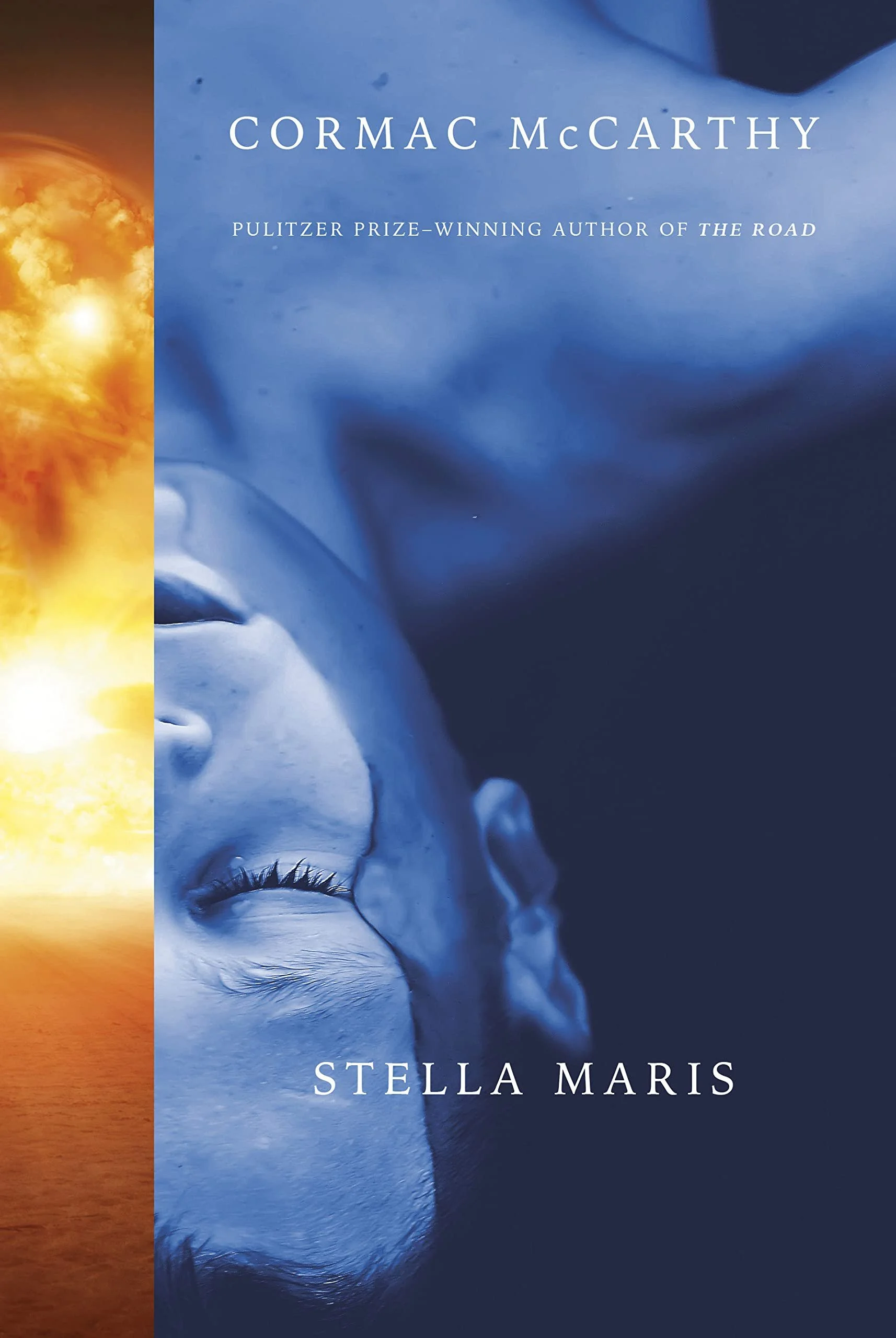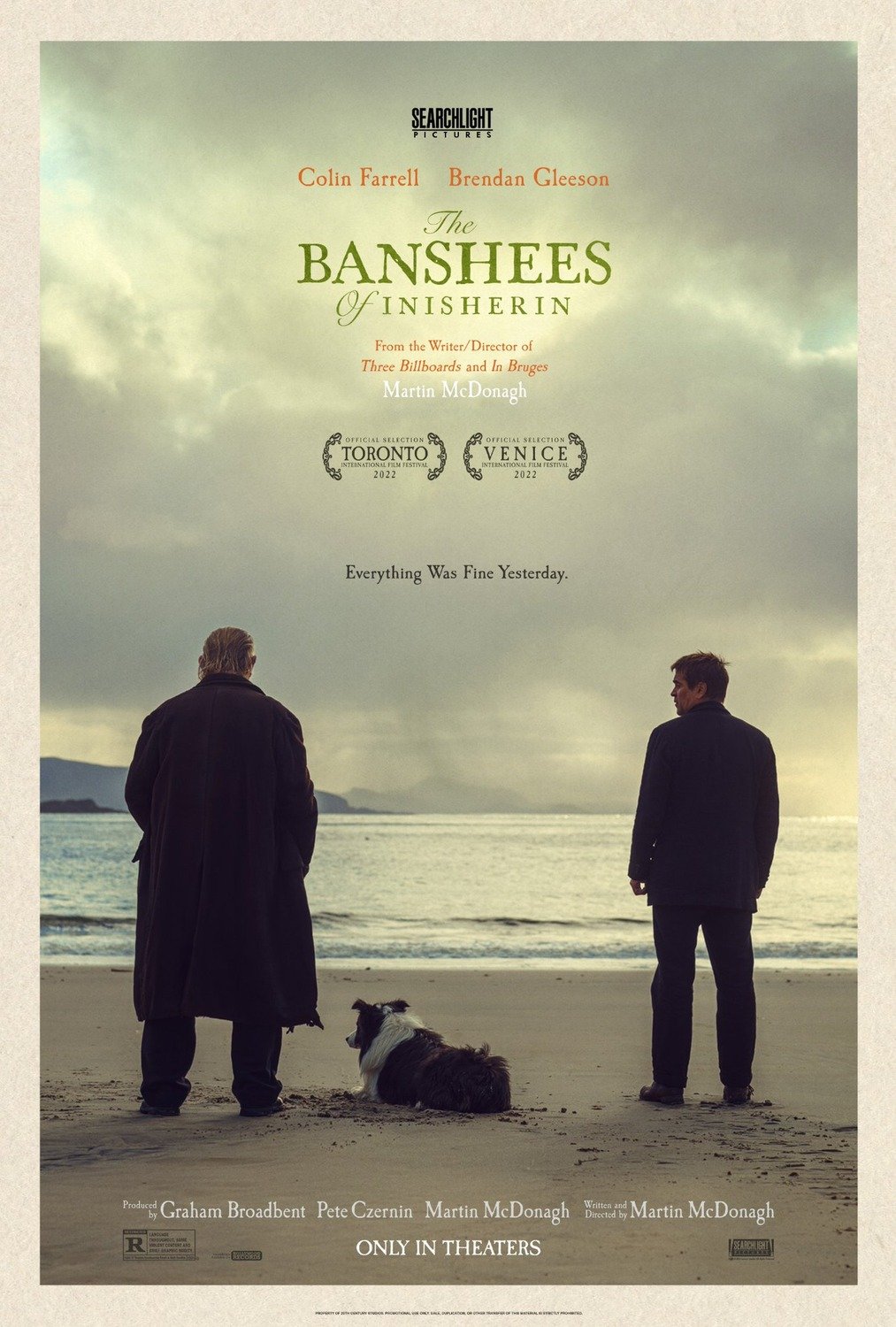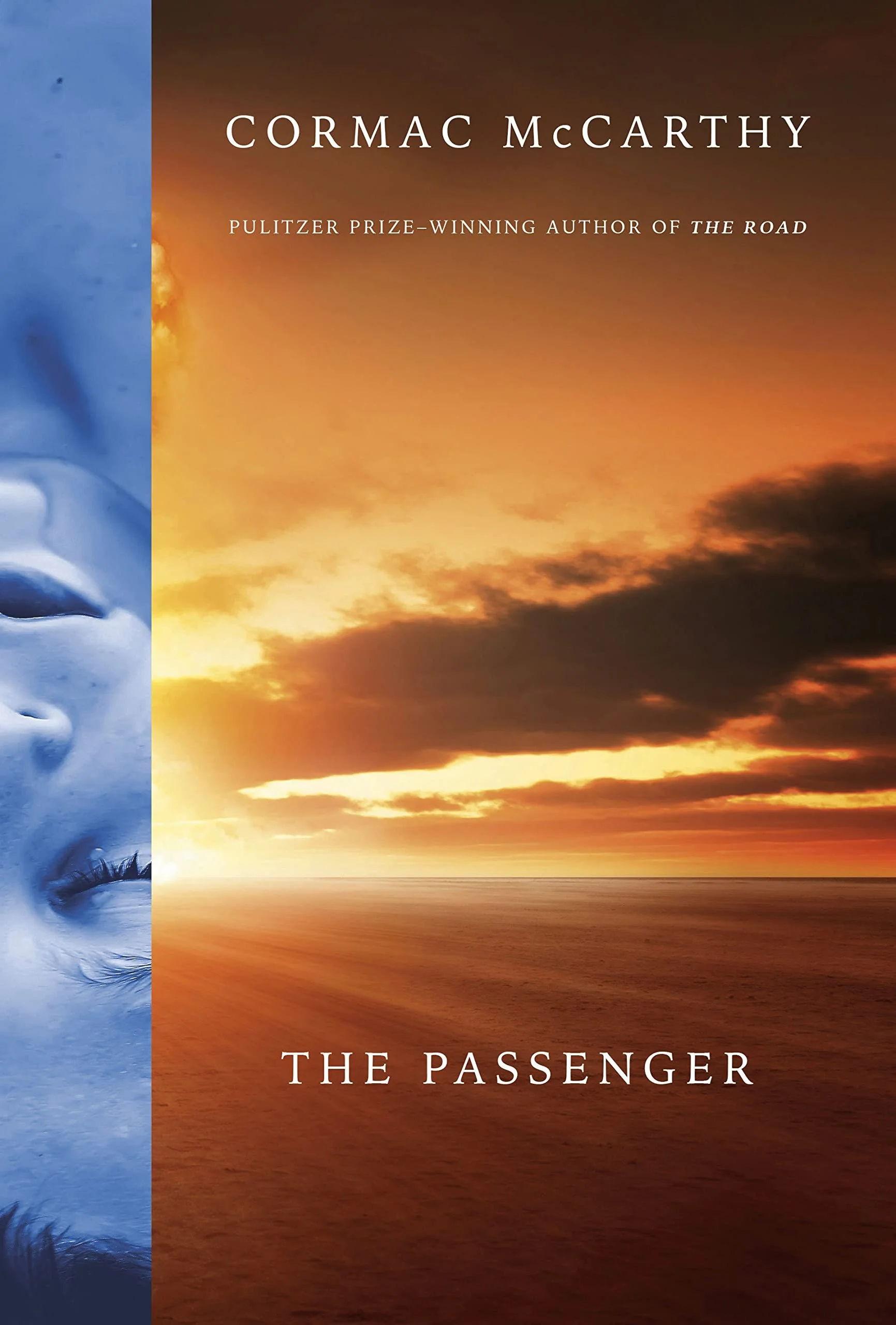Book Review : Cormac McCarthy - Stella Maris (2022)
If you had not become a mathematician what would you like to have been?Dead.How serious a response is that?I took your questions seriously. You should take my response seriously (p. 13)Cormac McCarthy’s novels are not for everyone. Although he's universally recognized to be a grandmaster at his craft, McCarthy is not what I would call an entertainer. He doesn't even try to be. If there's anything to learn from his new novel The Passenger, it's that tight plotting and conventional character dynamics are the least of his worries. But it's great. I'm here to tell you today that its companion novel Stella Maris is even better although it absolutely stands on the shoulder of its bulkier older brother.
Depends on what you're looking for in a novel, I suppose. But if you're into intellectual inquiries and moments of genuine human connexion, it is definitely worth your time.
Stella Maris is set a decade before the events of The Passenger. Bobby Western's little sister and renowned math genius Alicia is still very much alive and willingly committed herself to Stella Maris psychiatric hospital in rural Wisconsin. That's the gist of it, really. Otherwise, Stella Maris consists of 192 pages of conversations between Alicia Western and her psychiatrist, Dr. Robert Cohen. They discuss a wide array of topic, ranging from math to music, while Dr. Cohen is trying to get to the core of her being.
The Real Nature of Alicia Western
Stella Maris is to The Passenger what Alicia Western is to her older brother Bobby. A smarter younger sibling. It wouldn't not existed if Cormac McCarthy hadn't written The Passenger first, but Alicia's story emerged from the wreckage of Bobby's with the intensity of a shooting star. A lot of people will claim Stella Maris is a pretentious novel where two character are discussing egghead stuff like quantum physics and mathematics together, which is not wrong. But it's also a lot more than just that.
You do need an appetite for egghead pursuits in order to fully appreciate the Stella Maris experience, but you don't need a college education or anything like that. This novel isn't classist. Alicia, like most gifted people I met in my life, is trying to understand the world and herself through her relationship with art and science. Her intellect is also an armour against feelings of inadequacy tied to her upbringing. Dr. Cohen is not straightforwardly trying to discuss these topics with her. He's trying to understand her though them.
That leaves me to the one thing I really liked about Stella Maris: the development of a deep, genuine connexion between two human being who are separated by their understanding of the world. One filters reality through numbers and the other through biological data. Both Alicia and Dr. Cohen disavow what the other is doing at some point, but it doesn't make them less interested in one another. Of course, there's professional interest, but something between sexual attraction and deep friendship start blooming.
If you've read The Passenger, you already why a romance between Alicia and Dr. Cohen is impossible. But like Chuck Klosterman once said: Art and love are the same thing: it’s the process of seeing yourself in things that are not you. I believe this is what is happening to Alicia and Dr. Cohen and to a certain degree to Cormac McCarthy in this novel. Alicia and Dr. Cohen are reaching into each other to understand themselves and McCarthy reaches into us and vice versa. The exercise is bare, but efficient.
In this sense, Stella Maris is very much a metafictional incarnation of the literary process. Like I told you, egghead stuff.
All the ones I named are dead.Is that a requirement for greatness?It’s a requirement for not waking up tomorrow morning and saying something extraordinarily stupid. (p. 67)The Austere Pleasures of Reading Cormac McCarthy
Whoever is reading Cormac McCarthy for the right reasons (i.e what he's actually trying to do with his writing) will find that familiar blissful feeling again while reading Stella Maris. Seamless allegories that appear out of the blue in the middle of a conversation (or sometimes in the middle of a sentence), characters who express themselves is straight, simple sentences and yet reveal an absurd amount of depth over time, emotion without exposition, the lingering feeling of realness although the setting isn't real at all.
I'll give it to you that these aren't conventional reading pleasures. I mean not for the twenty-first century reader anyway. But McCarthy's intellectual inquisitiveness amidst blue collar settings and his very Southern sense of restrain that expresses itself in a quasi-total absence of punctuation are the two main reasons why we read him. Because we can't find them elsewhere. They demand more effort, but also offer more rewards than a villain punished and a hero rewarded with the customary sex and family combo.
In that regard, Stella Maris is a little bit unconventional in Cormac McCarthy's career trajectory because it isn't blue collar or Southern at all. The setting is also his barest to memory. It reminded me of some of Samuel Beckett's more experimental stuff. But Stella Maris offers both a clever rereading of The Passenger and the wholesome intimacy of a blooming intellectual friendship. You could find traces of this in other McCarthy novels like No Country for Old Men, but Stella Maris actually dedicated to it.
*
I had blast reading Stella Maris. It's been a while since I had this much fun with a novel. Some people have read it before The Passenger even and appreciated the experience anyway, but there are things you won't understand if you do and vice versa. They're pretty much interchangeable and rereadable both, so you'd probably want to experience them both ways. Stella Maris has a nerdy, academic veneer to it (not unlike The Passenger), but I urge you to look through it. This is a simple, but profound novel.





